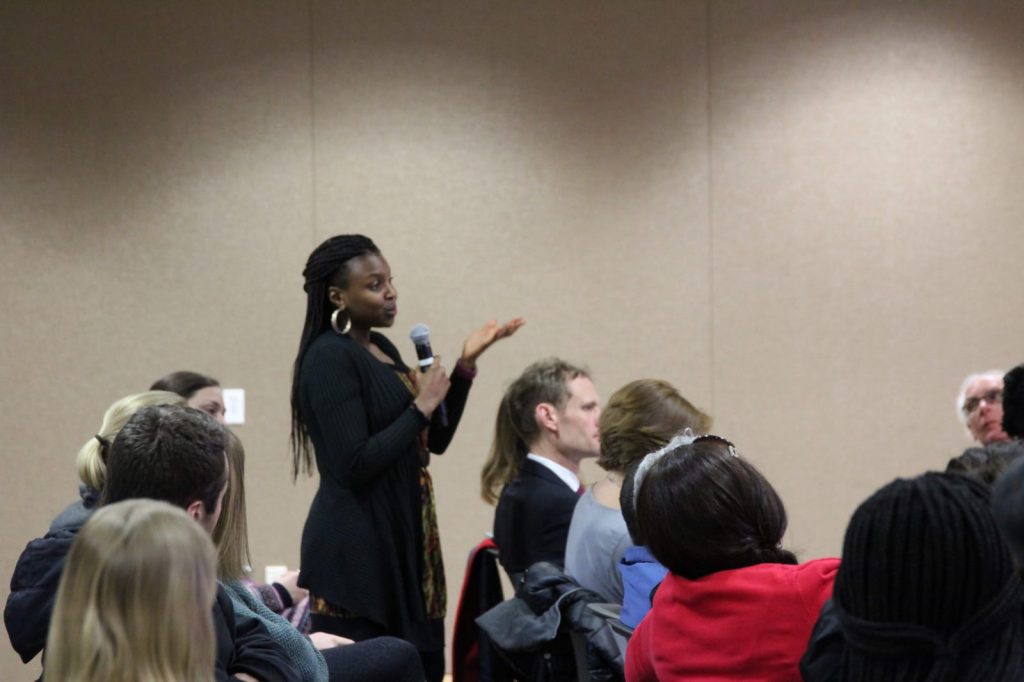Resilience of a Nation: A History of the Military in Rwanda
Frank Rusagara, Reviewed by Jean.C Abeck
At a time when all eyes are on Rwanda’s economic recovery, General Rusagara, a military historian, reminds his audience of the military’s turbulent history. While many observers of contemporary Rwanda focus on the 1994 genocide recovery, they often miss what defined its identity – the military as both a unifier and an agent of discord. Rusagara reminds us that for much of Rwanda’s history, from pre-colonial times to colonial, then post-independence, the military was the most consequential institution in the struggle for a Rwandan identity.
As a historian and former elite officer, Rusagara brilliantly captures oral history through poems and makes an informed historical analysis. However, from a political violence perspective, this review asks, can one deduce security implications regarding the future stability of Rwanda and its neighbors? What could we learn about the nuanced relationship of Rwanda and its neighbors – Uganda and the Democratic Republic of Congo? This review comes a time when civil-military relations in Africa are at an all-time low due to unprofessionalism, characterized by coups, human rights abuses, a tribal institutional culture, ethnic biases, the legacy of colonialism, weak operational capacities, militaries and the politicization of the military and militarization of politics.
Did the military in Rwanda overcome these challenges, and how? A HISTORY OF THE MILITARY IN RWANDA describes the role of the military in the social organization of traditional Rwandan society, which often stems from colonial influences, a dark moment for civil-military relations.
The military in pre-colonial Rwanda symbolized unity and strength. Territorial conquest and expansionism were at its core. The society viewed war and political violence primarily as realist constructs. All of which explains the book’s fundamental premise, that the military served as the primary agency of national unity. The military emerged as a coherent political entity from family and clan units, through which Rwandans earned social identity and national recognition. King Kigeri II went as far as the eastern Democratic Republic of Congo (DRC) and Uganda (Bufumbira) to conquer territory. This dynamic is particularly relevant for understanding both the past and present regional politics.
The advent of colonialism put an end to the glorious days of the traditional military. Following Germany’s defeat in World War I, the Belgians claimed Rwanda as a spoil of war. As retribution for Rwanda’s support for Germany, the Belgians were more violent, maintaining tighter control. Born out of the bigotry of Belgian forces, the military inherited the seeds of ethnic bias, paving the way for a professionalism deficit. Moreover, with the complicity of missionaries, religion was bastardized to win the hearts and minds of military elites. Typically, the Tutsi minority constituted the bulk of the colonial armed forces to counterbalance the historically more powerful Hutus. Ethnic bias resulted in the 1959 exiles, the Hutu revolution, and the eventual 1994 genocide.
Ethnic bias had a significant impact on the formation of the post-independence military. It spread wide and deeply into the liberation forces, evident in the highly Sectarian and divisive Hutu Rwanda National Guard and the Rwandan Army. Gen. Rusagara has persuasively demonstrated that the colonial military forces were repressive and brutish while post-independence forces were highly sectarian and divisive. The reader is left to ponder what the role of the military would and should be in an increasingly democratizing polity?
Today, the rise of Rwanda Defense Forces has been transformative. Rusagara opines that current Rwandan military mirrors that of pre-colonial Rwanda – national unity, informing socio-political development. In my assessment, while this has proven to be true for the past 27 years, it remains to be seen in the foreseeable future, especially at a time when President Kagame seeks to extend his rule. Five decades later, the absence of professionalism among many African militaries cannot be justified by a colonial legacy. The opportunity for post-genocide Rwanda to build a national military is now. One critique may be that more could have been said about reforms concerning structural, operational, and recruitment methods inherited from the colonialists.
In many cases across Africa, post-independence leaders instead chose to exploit inherited shortcomings to maintain autocratic systems. One wonders what constitutes the education and training mechanism in traditional, colonial and post-independent Rwanda? Are there policy implications that could inform the readers of the author’s perspectives for future militaries? These ideas certainly need expansion. Also, the role of women could have been elaborated on further. One would have hoped to learn more about the role of women such as the combatants-cum-nurses during the Rwandan Patriotic Front’s struggle mentioned passively.
Rusagara’s pessimism is bold and debatable – that Rwanda’s military is once again positioning itself as the role model of national unity. It has moved on from its Belgian colonial past and is gaining a reputation as a professional peacekeeping force in post-conflict Africa suited for the 21st century and beyond.
No related posts.


